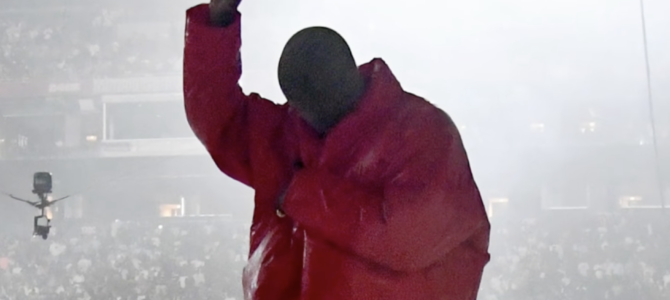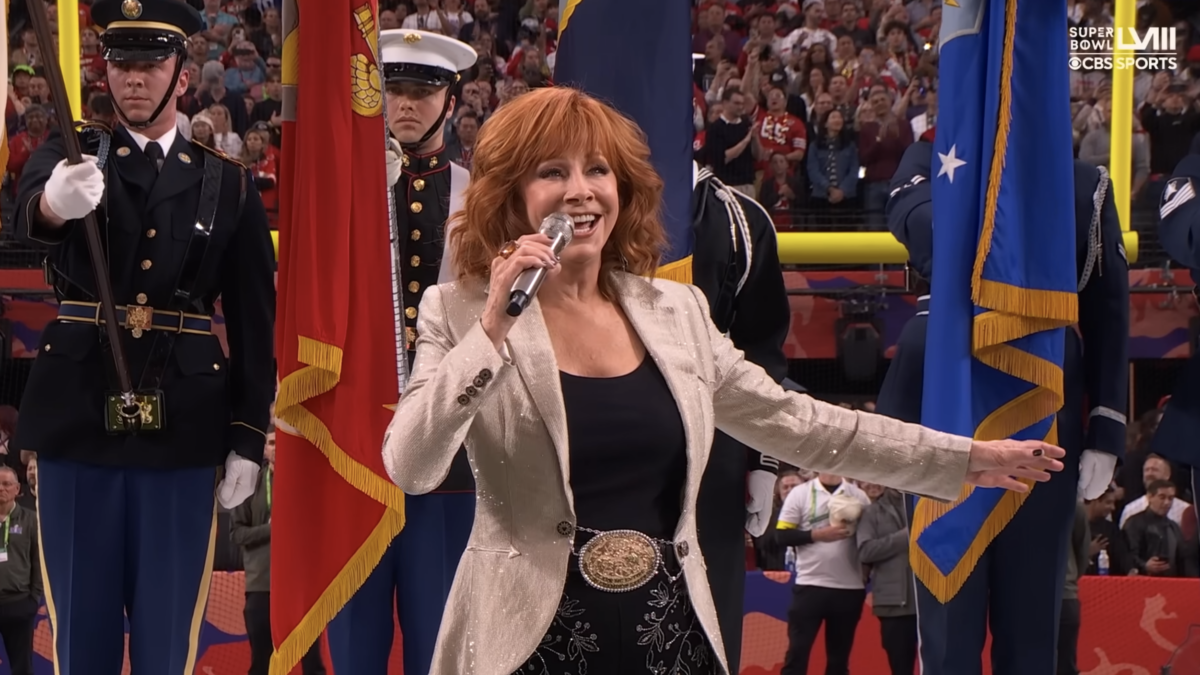Emily Jashinsky: The public waited on Kanye West’s “Donda” release with bated breath for weeks. Now that it’s out, the reaction seems to be mixed. What’s not debatable, however, is West’s cultural impact and West’s counter-cultural message. What did you think of the record, Madeline?
Madeline Osburn: For starters, it’s very long. More than two hours of music which is more than double the length of his last two albums. I think the music is good, but not every track is necessary, and it makes it challenging to slog through. Just like writers need a good editor, I think Kanye needed someone telling him “no” and I doubt many people like that exist in his inner circle.
“Jesus is King” was such a hit because it was so unexpected, almost otherworldly. Kanye has been through so much since that album came out, and “Donda” reflects that, but it doesn’t carry the magic that his passion and convictions in “Jesus is King” delivered. Instead, “Donda” feels both melancholy and scattered at times, which is appropriate for an album that mourns the deaths of his mother and Kobe Bryant, and works through the pain of his very public divorce.
“Architectural Digest, but I needed home improvement / Sixty-million-dollar home, never went home to it,” he raps on the track “Hurricane.” “Genius gone clueless, it’s a whole lot to risk.” As a “Kimye” fan, it made me sad.
It carries some of the same counter-cultural gospel messages of “Jesus is King,” but much less of the actual gospel music (although some of Kanye’s best singing to date). I predict that much like the frustrations fans felt with Kanye locking himself inside Mercedez Benz stadium for weeks and teasing multiple false releases, fans will be emotionally exhausted with the music, but glad it’s finally here.
EJ: “Jesus Is King” was shockingly conservative (and “Yeezus” was sonically brilliant), which probably set expectations for “Donda” high, in addition to the dramatic life changes he underwent between both records. Obviously, anything from Kanye named “Donda” will be hotly anticipated too, given the public’s understanding of how central a role his mother’s death plays in his life.
So what did we actually learn from “Donda”? What emotional or artistic value does it have for listeners? Especially given Kanye’s political and cultural relevance.
MO: If you read any reviews or media coverage, critics are absolutely bashing both “Donda” and Kanye as a person right now. There is some merit to their critiques, but I think the real reason is a combination of those high expectations you mention and an underlying dislike for Kanye’s chaotic foray into politics and religion.
They couldn’t really make those critiques of “Jesus is King” because it was so widely popular, but with “Donda” the gloves are off and they’re back writing him off as an egomaniac, which is not entirely untrue. But It’s hard to imagine them getting upset about Kanye including DaBaby or Marilyn Manson on the album if he was a raging pro-abortion lefty.
So as far as what this means to listeners, it’s commendable for him to not back down from his convictions, even if it costs him popularity in media and music bubbles. I was always skeptical that he would stick with his pledge to no longer make secular music, and while one could argue some lyrics fudge that promise, Kanye’s faith journey still comes out in the art. In fact, his faith is arguably even more authentic on this album as he leans on God while going through the valleys of divorce and grief.









